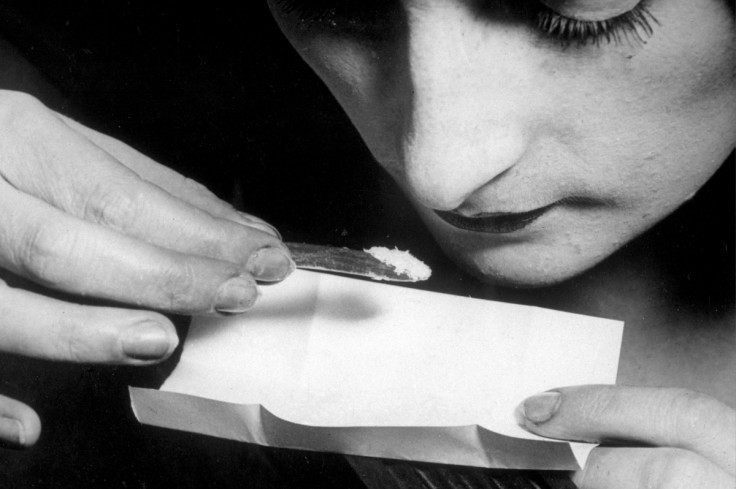Cocaine impairs users' ability to recognise negative emotions

A dose of Class-A drug cocaine can interfere with the user's ability to identify negative emotions, according to new research. Scientists from Maastricht University in Holland gave 24 students aged between 19-27 from the Netherlands and Germany who use cocaine usage and administered 300mg of oral cocaine or a placebo.
The participants were then given a number of biochemical tests as well as the facial emotion recognition test to analyse their response to basic emotions like anger, disgust, fear, sadness and happiness. The researchers found that the cocaine made the subject's heart rate faster, and also increased the levels of the stress hormone cortisol. Two of the participants who were given cocaine found it difficult to recognise negative emotions: their performance at recognising sadness or anger was 10% worse.
When presenting the research at the ECNP neurology conference in Amsterdam lead researcher Dr Kim Kuypers, of Maastricht University, said: "This is the first study to look at the short-term effect of cocaine on emotions. It shows that a single dose of cocaine interferes with a person's ability to recognise negative emotions, such as anger and sadness. This might hinder the ability to interact in social situations, but it may also help explain why cocaine users report higher levels of sociability when intoxicated – simply because they can't recognise the negative emotions."
Dr Michael Bloomfield, University College, London, added: "There are many mental illnesses in which our brains' ability to recognise the emotions of others are impaired and this new study shows that cocaine may interfere with this process too. Since cocaine changes the level of the brain chemical dopamine, this new study may have implications for other mental illnesses such as depression and schizophrenia – where dopamine may also be involved in how we recognise emotions.
"We know that cocaine is a powerful and addictive drug and an important question remains: does cocaine mess up this process so that when cocaine users are off the drug they feel like other people have more negative emotions?"
© Copyright IBTimes 2024. All rights reserved.






